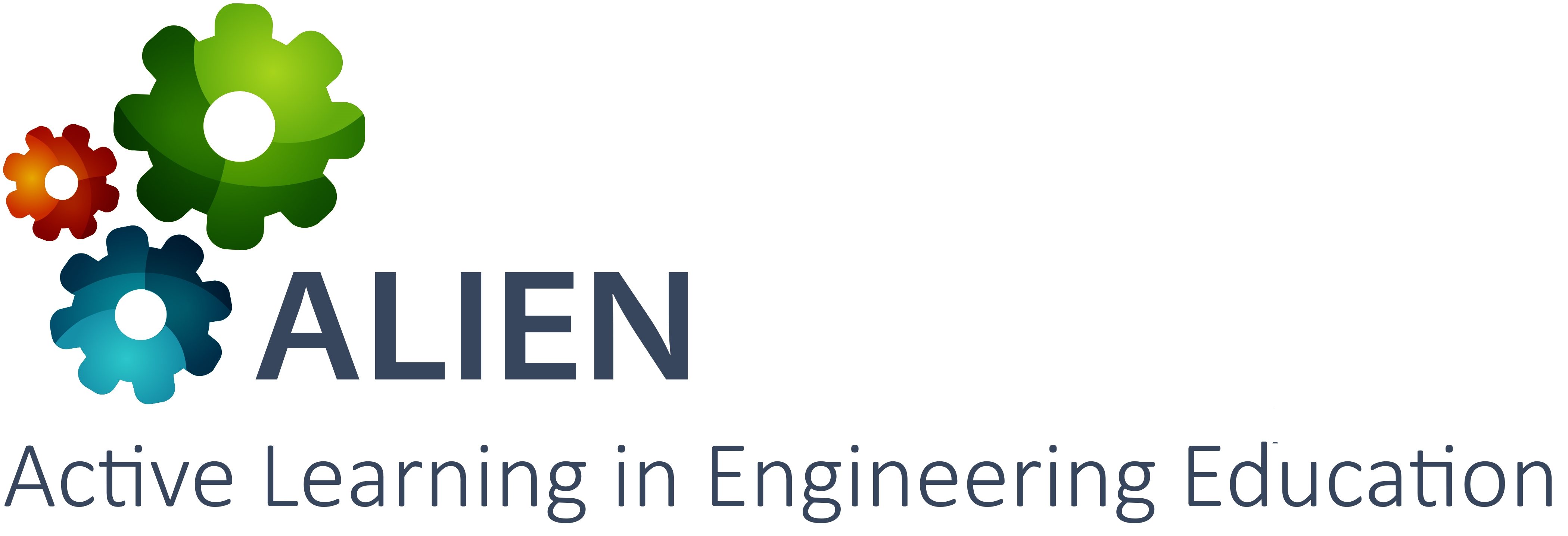 Course overview
Course overview
This course introduces students to the fundamental principles and methodologies of Software Engineering. Course covers traditional and modern software development life cycles’ stages with practical examples and case studies. Furthermore, we cover RE, Design, architecture, testing, and project management in detail. We have introduced new topics in all of the above-mentioned traditional workflow of the software development process. We also cover software process improvement models and their details in the course.
- Students learn the basics of software process models and will learn to choose the best fit for variable nature of projects in industry.
- Students learn to carry out a project from scratch to end on their own using Scrum method.
- Students learn to design and test their software.
- Students learn to design and choose the appropriate architecture for their projects.


Participants in piloting
This course targets undergraduate students in the Faculty of Computer Science, Department of Software Engineering. Approximately 250 students enrolled on the course in each session. We ran two sessions for this course in Spring 2019 and Spring 2020. Most of them were 3rd year students except the repeater cases.
Timeframe
Spring 2019
Spring 2020
Use of ALIEN services and tools
Students were assigned a Software engineering project, which was conducted through active learning, and more specifically project-based learning, with the intention of following the SCRUM framework for developing any web-based or android app. The context of application of these topics was embedded in the following objectives of the project:
- Designing/specification
- implementation, and
- testing of a web-based app/android app.
The course took place in the Problem-based learning Lab i.e. a learning space designed through the ALIEN project for conducting active learning classes in the Software Engineering Department, Faculty of Computer Science NUCES and in the lecture hall environment. PBL Lab consists of five islands with 8 PCs in all. The lab can accommodate of 40 students at a given time so that 5 people could share one PC. Each island is equipped with movable workstations and monitors.





